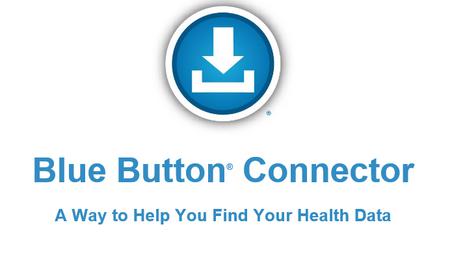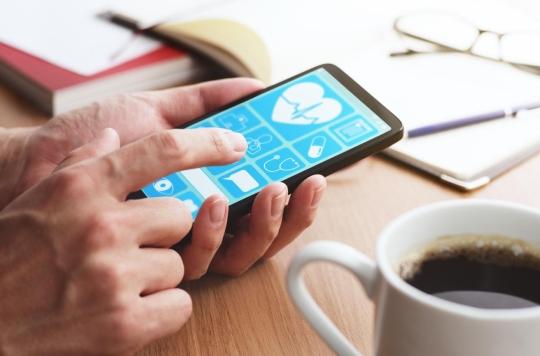A report on health 2.0 was submitted this Tuesday to Marisol Touraine. On the agenda: better access to personal health data, information sharing and innovation.

E-health and innovations in the medical field are everywhere. To the point that they can sometimes destabilize users and doctors, who do not always understand the issues that accompany the proliferation of health data.
However, these new tools constitute an opportunity to strengthen the quality of care, according to the National Digital Council, who made a report on Tuesday to the Minister of Health Marisol Touraine. It makes a number of recommendations, the strongest of which perhaps concern the means to be put in place to ensure that the French have better control of their personal data and access to quality care based on them. .
Personal data of individuals is protected by the Data Protection Act, revised in 2004, which allows the collection of personal health data, under certain conditions. The patient must therefore give his consent, be in the context of research or preventive medicine, or for treatments necessary to save human life.
A “blue button” system
Experts from the National Digital Council note that the problem mainly concerns access to this data, and the right of scrutiny that individuals have over it.
The 2004 law provided for a right of access to all our stored and processed data, but the steps to obtain it are in fact very complex. The report therefore highlights a provision that was immediately welcomed by Marisol Touraine: that of establishing a French-style “blue button” system. Concretely, this means the generalization of a device allowing individuals to recover all their data, as already exists in the United States.
Across the Atlantic, the “blue button” system was launched in 2010. It is an application that allows every American to download all of their medical record data accumulated on the Web over time, by clicking on a blue logo on the website of the health providers adhering to the initiative. In addition, it allows doctors to very quickly retrieve the health history of a patient who comes to see him for the first time, with his authorization.

Shared medical record
In addition to this system, the report recommends rethinking the functioning of the shared medical record, which has existed in France since 2010. Since then, 550,000 files have been created during medical consultations. They include the patient’s history, medical documents, hospitalization reports, biological examinations, or medical imaging.
The National Digital Council would like to extend this system to a larger number of patients and integrate it not just documents, but also data (growth curve, medical analyzes, vaccination) to make it a real digital health record.
It would be supplemented by digital applications allowing individuals to understand the meaning of this data, to more easily seek the opinion of other professionals, or even to benefit from prevention tools alerting to potential signs of a disease.
.

















